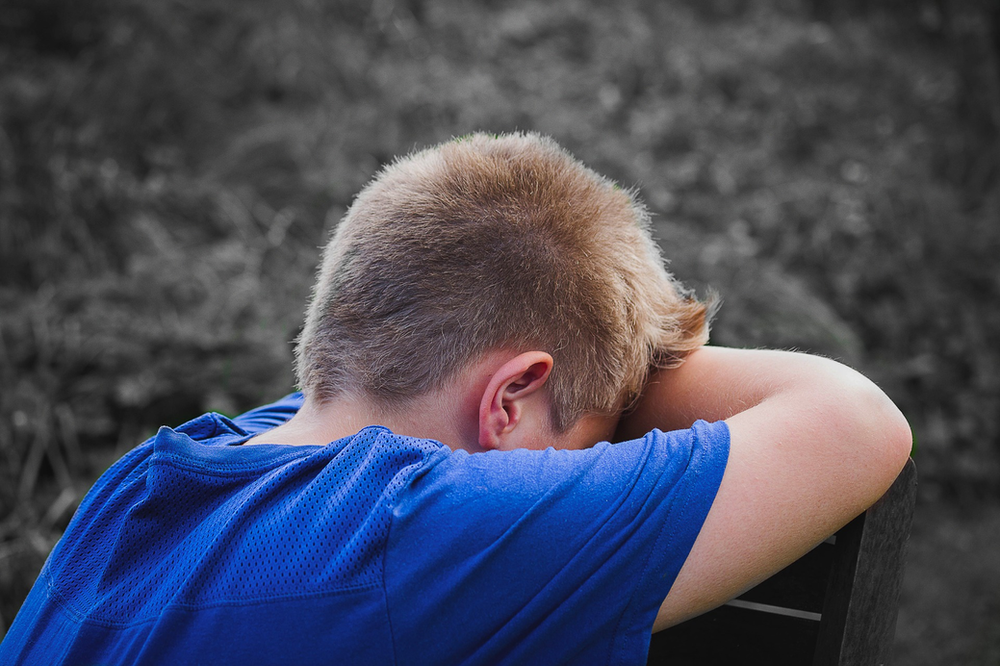Foster parents have a duty to be an advocate for the children in their care. Often, these children come from troubled homes and have been victims of physical, emotional, and sexual abuse. While signs of physical abuse are fairly obvious, indications that a child has suffered sexual abuse can be less clear. There are several indicators of sexual abuse, that, taken as a grouping or pattern, should prompt foster parents to inform a pediatrician and law enforcement.

Four Possible Signs Of Abuse
The signs below would be considered post-abuse, as opposed to signs that abuse has very recently (within 24-48 hours) occurred.
1. Discomfort With Touch
Contact with another seems uncomfortable for the child, or they shy away from an adult’s touch. Children might view their world as unsafe, and adults as untrustworthy. What you can do, as a caregiver is to make sure that everyone’s comfort level with touching, hugging, and kissing is respected. Playful touching, such as tickling, or wrestling, may be traumatic for some children, so make sure that all family members respect each other’s boundaries.
2. Knowledge Of Sexual Matters That Seem “Beyond Their Years”
Children exhibit a wide range of sexual behaviors and curiosity, and it’s dicult to determine where normal exploration ends and exposure to sexual acts, pornography, or other sexual abuse begins.
Carefully monitor the child’s play, especially when with other children. Children who have learned about sexual abuse may be inclined to “practice” it with other children when adults are not around. Ensure that children are responsibly supervised at all times, and monitor exposure to media. Content in video games, online, and through social media doesn’t always limit sexual images and behaviors. This can be triggering to some children.
3. Regressing To Childhood Behaviors
Some children regress to early childhood behaviors, such as thumb sucking, or wetting the bed. These changes can also signal physical abuse, so if these are noted, an exam with a caring physician might be needed. Make sure to address these behaviors with care and dignity, instead of shaming the child. Often, these may be the only signs that something is wrong.
4. Showing Signs Of Depression Or Suicidal Thinking
Some older children – tweens and teens – may show signs of depression or suicidal thinking. Keeping an “open door” policy with your foster children – where they are welcome to come talk about things at any time in a judgment-free area – is critical to catching these feelings.
It is important to prepare ahead of time for any questions your foster child may ask, or for any concerns that they may have.
Not all foster children have been sexually abused, and fitting one of the items on this list may not be indicative of a child who has been sexually abused. However, a pattern of these behaviors can strongly suggest that abuse has occurred.
When you, as a foster parent, suspect that sexual abuse has happened, it is important to follow the proper reporting channels with your caseworker. Above all, be a soft place for your foster child to fall. You are their guardian and their protector. Support the child with love and respect, and help them to heal.
Author Bio:
Brian Kent is a partner at AbuseGuardian.com. He graduated with a law degree from Philadelphia’s Temple University, and served as a criminal prosecutor in the Sex Crimes Unit of Montgomery County’s District Attorney’s Office.
#fosterfamillies #trauma


